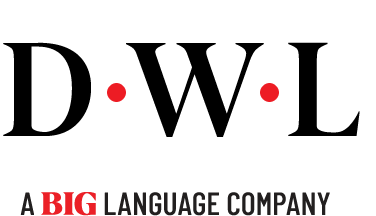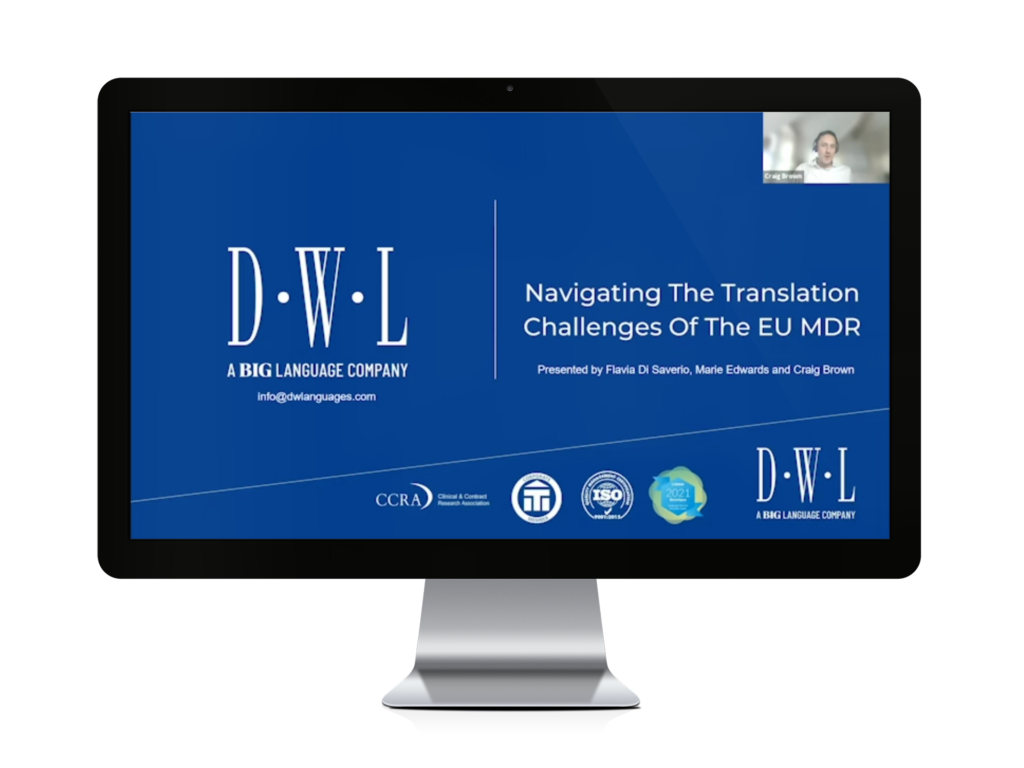On 22nd May, DWL took part in the joint event between the Institute of Translation and Interpreting and the University of Westminster (UoW), ‘Starting Work as a Translator or Interpreter’. The Institute and UoW decided to conduct this popular event online for the second year in a row due to COVID-19 restrictions. Around 100 participants were present. The aim was to provide information and advice to linguists who are taking their first steps in their career as a professional translator or interpreter.
We like to attend events like this and the online format is no barrier to positive discussions on starting work as a translator or interpreter.
Marie Edwards (DWL Project Manager) was part of a panel of professionals who gave presentations and answered questions during the third session of the day-long event
In addition to DWL, the panel included Rik Grant, transcreation professional, Hanna Hagström, freelance subtitler, Belén Bueso Ríos, a representative of the Language Resource Centre at Amnesty International, and Greg Hyne, Project Manager at Surrey Translation Bureau. Together, the panellists were able to offer wide-ranging and diverse insights into the language services industry, giving attendees an opportunity to explore different areas in which they could develop their careers.
Marie focussed on beginning a career in the life sciences translation industry
She encouraged linguists to have an open mind when starting out in the industry. Also, they should consider the variety of roles in which linguistic skills are needed. DWL project managers are trained linguists and some are involved in other stages of the translation process as translators and revisers. In this way, project management can be a valuable way of gaining that all-important specialisation, and adding variety to your skillset. She also mentioned other ways to do this, for instance joining peer support groups such as the ITI, and in particular their Medical and Pharmaceutical Network, which has a wealth of online resources available to members.
Marie described our recruitment and translator assessment procedures, in order to give linguists an understanding of what is required in order to work with us.
Question time
During the discussion, an attendee asked how long to wait before re-applying after an unsuccessful application. Marie suggested that linguists should take on board feedback and strive to acquire the necessary training and experience in the relevant field before re-applying – this would show real initiative and tenacity.
The online format did nothing to stop a lively participation and discussion with attendees putting forward interesting and diverse questions on topics such as specialisation, rates and minimum charges, and managing relationships with clients. The variety of panellists involved were able to offer well-rounded answers based on their experience within the industry.
DWL would like to thank the ITI and the University of Westminster for hosting and inviting us to participate in this event. It is exciting to experience so much potential and enthusiasm in one (albeit virtual) room among this new generation of translators and interpreters.







